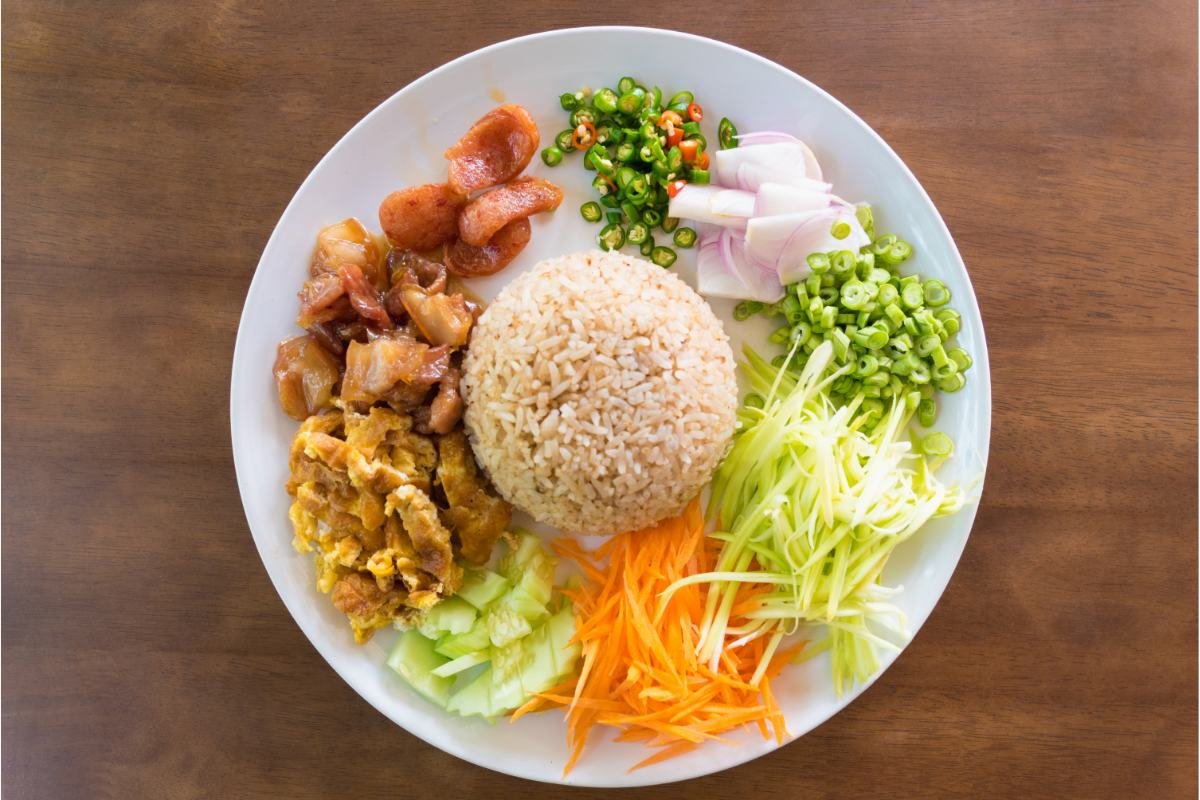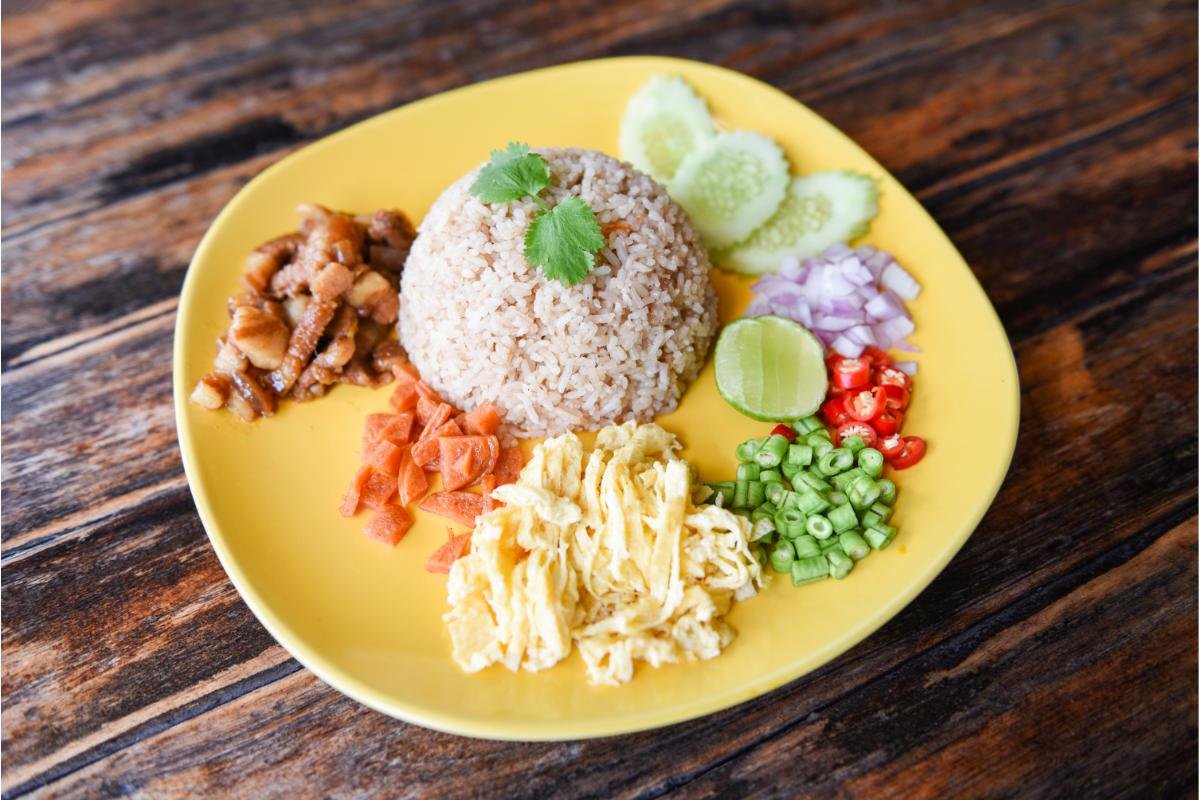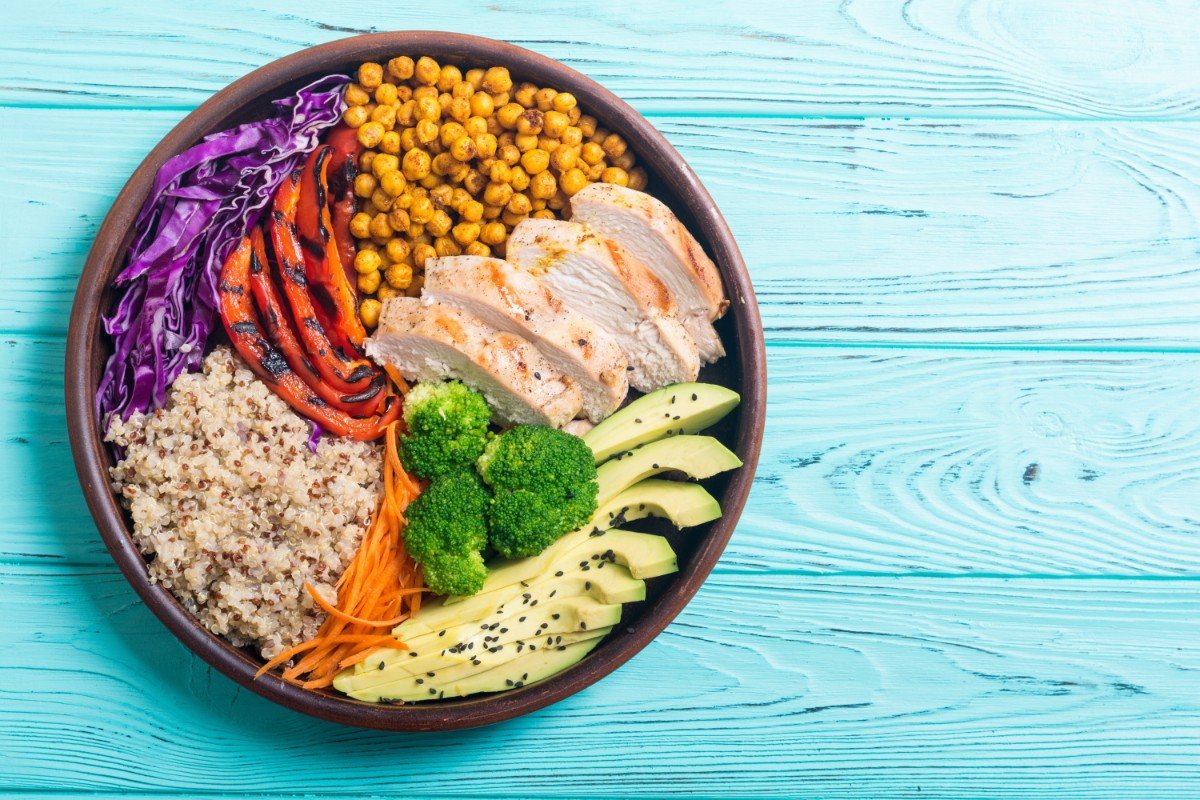The Appeal of DIY Dining
The allure of Pepper Lunch extends beyond its unique flavors to encompass the engaging, do-it-yourself (DIY) dining experience it offers. This section highlights the magic behind the interactive meal preparation and how it enhances the dining experience for individuals and families alike.
Empowering Diners
One of the most distinctive aspects of Pepper Lunch is the empowerment it gives to diners. Instead of receiving a meal prepared in the kitchen, guests are presented with raw ingredients on a hot iron plate, inviting them to become the chefs of their dining experience. This hands-on approach does more than just cook the meal; it transforms dining into an interactive adventure. Diners enjoy the freedom to cook their meat and vegetables to their precise liking, engaging with their food in a way that most restaurants don’t allow.
Enhancing the Dining Experience
DIY dining does more than put a spin on traditional restaurant meals; it turns mealtime into an event. Families and friends find themselves bonding over the sizzle of the hot plate, sharing laughs and creating memories as they cook together. The process of cooking becomes as much a part of the meal’s enjoyment as the flavors themselves. For many, this shared experience enriches the meal, making it more satisfying both gastronomically and emotionally.
Fostering Culinary Creativity
Beyond the communal benefits, the DIY aspect of Pepper Lunch encourages culinary creativity. Diners can experiment with different ingredient combinations and cooking times, tailoring the dish to their taste preferences. This creative freedom not only caters to the adventurous eater but also accommodates those with specific dietary needs or preferences, making it a versatile dining option for everyone.
Moving Forward
The interactive dining experience Pepper Lunch offers undoubtedly sets it apart in the culinary world. As we transition to the next section, we’ll focus on the essential ingredients and tools needed to recreate this dynamic dining experience at home. Whether you’re planning a fun family dinner or a unique meal for friends, the forthcoming insights will equip you with everything you need to bring the excitement of Pepper Lunch into your kitchen.
Core Ingredients and Tools

To recreate the Pepper Lunch experience at home, understanding the core ingredients and essential tools is key. This section will guide you through the necessary components and equipment, ensuring you’re well-prepared to bring this unique dining concept to your kitchen.
Essential Ingredients for the Classic Experience
The beauty of Pepper Lunch lies in its simplicity and the quality of its ingredients. Here’s what you’ll need for the classic Pepper Rice dish:
- Thinly Sliced Beef or Protein of Choice: Opt for high-quality beef slices for that authentic taste. You can also substitute beef with chicken, salmon, or tofu for alternative versions.
- Japanese Rice: The base of the dish. Use short-grain Japanese rice for its sticky texture and sweet flavor.
- Corn Kernels: Adds sweetness and a bit of crunch.
- Green Onions: For a fresh, sharp contrast to the rich meat.
- Butter: A small pat of butter adds richness and depth to the dish.
- Soy Sauce: For seasoning. Consider using a high-quality soy sauce for the best flavor.
- Pepper: As the name suggests, freshly cracked black pepper is essential, adding a warm, spicy note.
Special Tools and Equipment
While Pepper Lunch restaurants use a specialized iron plate heated to high temperatures, you can still achieve a similar effect at home with the following:
- Cast Iron Skillet or Griddle: A well-heated cast iron skillet is crucial for replicating the sizzling effect of the restaurant’s iron plates. It provides even heating and retains heat well, cooking your ingredients perfectly.
- Wooden Spatula: For mixing and flipping the ingredients on the hot skillet without scratching it.
- Serving Plates: Prepare to serve immediately after cooking to enjoy the dish at its best. Heat-resistant plates are ideal, as they keep the food warm.
Step-by-Step Recipe
Now that we’ve gathered our ingredients and tools, let’s dive into the heart of Pepper Lunch by exploring a step-by-step guide to creating the classic Pepper Rice dish at home. This section will lead you through the process, ensuring you capture the authentic flavors and experience.
Preparing the Ingredients
First and foremost, preparation is key to ensuring a smooth cooking process.
- Rice Preparation: Start by cooking the Japanese rice according to package instructions. Aim for a slightly firmer texture by reducing water slightly, as it will continue to cook on the cast iron skillet.
- Slice the Beef: If not pre-sliced, slice your beef thinly. This ensures it cooks quickly and evenly on the hot plate.
- Chop Green Onions: Finely chop the green onions for garnishing and adding a burst of flavor.
- Measure Your Seasonings: Have your soy sauce, pepper, and butter portioned and ready to use.
Heating the Skillet
- Preheat your cast iron skillet on medium-high heat until it’s very hot. This mimics the Pepper Lunch iron plate’s high temperatures, crucial for getting that signature sizzle.
Cooking the Dish
- Place the Butter: Add a small pat of butter to the center of the skillet. This will melt and sizzle, adding flavor to the dish.
- Add the Rice: Spread the cooked Japanese rice evenly over the skillet, allowing it to fry in the butter and start to crisp up slightly.
- Arrange the Beef: Place the thinly sliced beef around the rice. If using other proteins, follow the same method.
- Add Corn and Seasonings: Scatter corn kernels over the rice and beef. Then, season the entire skillet with a generous amount of freshly cracked black pepper and a light drizzle of soy sauce to taste.
- Cook to Perfection: Allow the ingredients to cook, undisturbed, for a few minutes to achieve a slight crust on the rice and to ensure the beef cooks through. Use your wooden spatula to mix everything together on the skillet, allowing the flavors to meld.
- Garnish and Serve: Once everything is cooked to your liking, turn off the heat, sprinkle the chopped green onions over the top for freshness, and serve immediately directly from the skillet for that authentic Pepper Lunch experience.
Tips for Success
- High Heat is Key: The signature of Pepper Lunch is the sizzling effect and the slight char on the ingredients. Keeping your skillet hot enough is crucial for replicating this.
- Quick Cooking: Since the beef slices are thin, they cook quickly. Keep an eye on them to prevent overcooking.
- Personalize Your Dish: Feel free to adjust the amount of soy sauce and pepper according to your taste preferences. The beauty of DIY dining is making the dish uniquely yours.
Moving Forward
With these steps, you’re well on your way to enjoying your homemade Pepper Lunch dish. As you savor the fruits of your labor, remember that this recipe is just a starting point. In the next section, we’ll explore variations of the classic recipe, allowing you to experiment with different flavors and ingredients. Whether you stick to the traditional Pepper Rice or venture into new combinations, the key is to enjoy the process and the delicious results.
Variations of the Classic Recipe
Mastering the classic Pepper Lunch dish opens the door to endless culinary creativity. This section will guide you through several variations, inviting you to explore new flavors and tailor the recipe to suit diverse tastes and dietary preferences.
Beef Pepper Rice: The Signature Dish
The signature Pepper Rice is a crowd-pleaser, but small tweaks can make it even more special. Consider marinating the beef slices in a mixture of soy sauce, garlic, and a touch of honey for an hour before cooking. This not only tenderizes the beef but also adds a depth of flavor that complements the peppery heat beautifully.
Chicken Pepper Rice: A Lighter Option
For a lighter version, replace beef with thinly sliced chicken breast. Marinate the chicken in a blend of soy sauce, ginger, and a hint of sesame oil to infuse it with flavor. The cooking process remains the same, but chicken offers a leaner, yet equally satisfying alternative.
Salmon Pepper Rice: Omega-3 Rich Twist
Salmon Pepper Rice introduces a delicious way to incorporate more omega-3 fatty acids into your diet. Use skin-on salmon fillets, slicing them thinly. Cook the salmon skin-side down first to get it crispy, then flip to cook through. The rich, oily nature of salmon adds a luxurious feel to the dish, contrasting wonderfully with the sharpness of the pepper.
Vegan and Vegetarian Options: Inclusivity on the Plate
To accommodate plant-based diets, swap out the animal proteins for tofu or a mix of hearty vegetables like bell peppers, zucchini, and mushrooms. For tofu, pressing it beforehand to remove excess water and marinating it in a mixture of soy sauce, smoked paprika, and garlic powder can add a savory depth that mimics the umami of meat. When using vegetables, consider quick-pickling the mushrooms in rice vinegar and soy sauce for an extra flavor punch.
Serving and Pairing Suggestions
Creating a memorable Pepper Lunch experience doesn’t stop at the main dish. Complementing your Pepper Rice with thoughtful side dishes and drink pairings can elevate your meal to new heights. This section offers suggestions to round out your dining experience, ensuring each bite is balanced and satisfying.
Perfect Side Dishes
- Miso Soup: Start with a warm bowl of miso soup. Its umami-rich flavor and comforting warmth prepare the palate for the main dish, offering a soothing contrast to the sizzle of Pepper Rice.
- Seaweed Salad: A refreshing seaweed salad, with its crisp texture and tangy dressing, serves as a palate cleanser between bites of the rich and peppery main dish.
- Pickled Vegetables: Offer a selection of pickled vegetables like radishes, cucumbers, and carrots. Their acidity and crunch provide a delightful contrast to the savory and spicy flavors of Pepper Rice.
Drink Pairings
- Green Tea: For a non-alcoholic option, green tea is a classic choice. Its bitterness can cut through the richness of the dish, cleansing the palate and enhancing the overall flavor profile.
- Sake: If you prefer an alcoholic pairing, sake complements Pepper Lunch wonderfully. Choose a light and slightly fruity sake to balance the dish’s heat and richness.
- Beer: A crisp lager or pilsner offers refreshment and contrast. The carbonation and mild hops can refresh the palate, making each bite as enjoyable as the first.
Creating a Balanced Meal
When serving Pepper Lunch, consider the balance of flavors, textures, and temperatures. Start with the warm, umami-rich miso soup, followed by the main event, the Pepper Rice, cooked to sizzling perfection. Accompany this with the cool, tangy bites of seaweed salad and pickled vegetables, ensuring a harmonious dining experience. As you enjoy your meal, alternate sips of green tea, sake, or beer to complement the rich flavors and cleanse your palate, readying you for the next delicious bite.
Looking Ahead
With these serving and pairing suggestions, you’re now equipped to create an immersive Pepper Lunch experience that delights all the senses. As we move to the next section, we’ll explore the health and nutritional aspects of Pepper Lunch, offering tips for making this indulgent meal a part of a balanced diet. Whether dining solo or entertaining guests, these insights will help you enjoy Pepper Lunch to the fullest, with a mindful approach to health and satisfaction.
Health and Nutrition
Enjoying Pepper Lunch goes beyond the taste and experience; understanding its nutritional aspects can help you enjoy this beloved dish in a healthier way. This section breaks down the nutritional content of the classic Pepper Lunch and provides tips for adapting the meal to fit various dietary needs.
Nutritional Breakdown
- Protein Power: Whether you choose beef, chicken, salmon, or tofu, Pepper Lunch is a great source of protein, essential for muscle repair and growth.
- Carbohydrate Considerations: The Japanese rice provides the necessary carbohydrates for energy, but portion control is key to managing caloric intake.
- Vegetable Add-Ins: Incorporating a variety of vegetables not only adds color and texture but also boosts the meal’s fiber, vitamins, and minerals.
Adapting for Dietary Needs
- Lowering Sodium: To reduce sodium, opt for low-sodium soy sauce or tamari and limit the amount used. You can also enhance flavors with herbs and spices instead of relying solely on salt.
- Cutting Calories: For a lower-calorie version, reduce the amount of rice and butter. Increase the proportion of vegetables to fill up on fewer calories while still enjoying the flavors of the dish.
- Boosting Fiber: Add more vegetables or substitute white rice with brown rice or quinoa for an extra fiber boost, promoting better digestion and a feeling of fullness.
Making Health-Conscious Choices
- Lean Proteins: Choose lean cuts of beef or skinless poultry to reduce saturated fat intake. Fish like salmon offer healthy omega-3 fatty acids, and plant-based proteins like tofu are excellent for a low-fat option.
- Mindful Portions: Pay attention to portion sizes to enjoy Pepper Lunch as part of a balanced diet. A balanced plate should include protein, grains, and plenty of vegetables.
- Hydration: Pairing your meal with water or unsweetened tea can aid digestion and help balance
Conclusion
Our culinary journey through the world of Pepper Lunch has shown us that this beloved dish is more than just a meal; it’s an experience that brings people together, invites creativity, and satisfies the soul. We’ve explored the origins and global appeal of Pepper Lunch, discovered the essentials for recreating it at home, and learned how to tailor it to various tastes and dietary needs. With each sizzling plate, we’re reminded of the joys of cooking and the endless possibilities that come with combining simple, high-quality ingredients.
For those eager to continue exploring new and exciting recipes, I invite you to visit my website, RecipesZap, where you’ll find a treasure trove of culinary inspiration. From traditional favorites to innovative creations, there’s a recipe for every occasion and taste.
Additionally, for further reading on the nutritional benefits of incorporating a variety of proteins into your diet, consider visiting Harvard Health Publishing. Their insights into balanced eating and healthy living can provide valuable guidance as you enjoy Pepper Lunch and other delightful meals.
In the end, Pepper Lunch embodies the essence of what makes cooking and dining so special. It’s not just about the food on our plates but the memories we create and the smiles we share. Whether you’re a seasoned chef or a curious newcomer to the kitchen, the adventure of Pepper Lunch is waiting for you to explore. So, grab your skillet, gather your loved ones, and let the sizzle lead the way to unforgettable meals and moments.
Thank you for joining me on this flavorful journey. Happy cooking, and may your dining table always be a place of joy and discovery.



